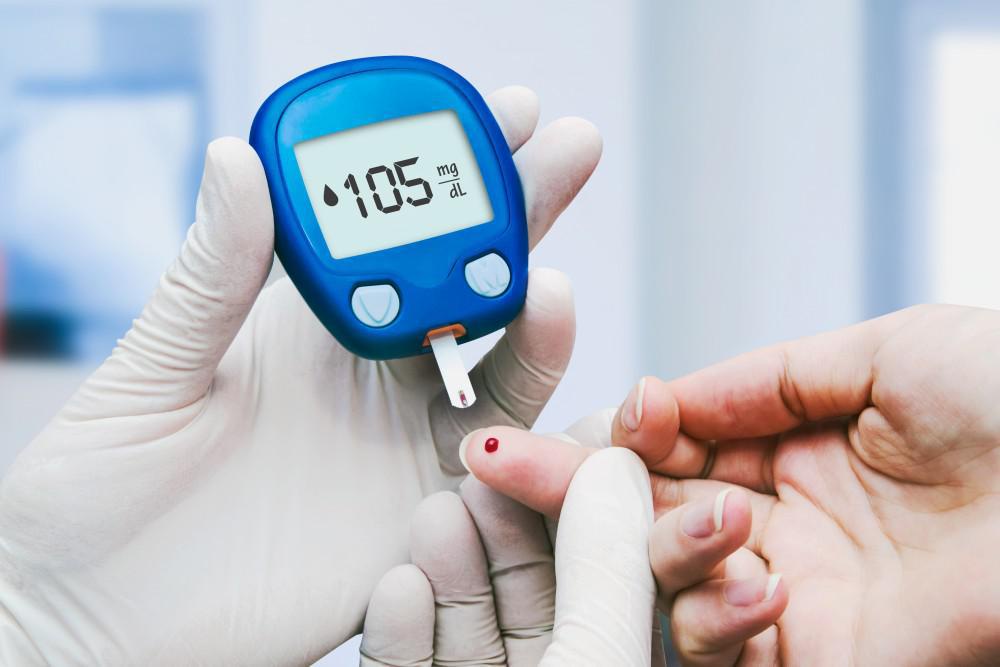Over 10% of the American population has diabetes, and over 32 million have Type 2 diabetes. Each of them progressed through a phase called prediabetes, moving toward the full form of the condition, but still at a point where they could reverse the effects. However, prediabetes rarely presents recognizable symptoms, so it may develop without any sign to warn you. Only blood test screening can reliably detect prediabetes. Contact the team at Millennium Park Medical Associates to discuss testing if you carry any diabetes risk factors to assure prediabetes has not already begun.
Defining prediabetes
Prediabetes is the early warning system for Type 2 diabetes. It’s a serious condition that requires your immediate attention. Your blood glucose levels are high, but not yet high enough for a Type 2 diabetes diagnosis. Type 1 diabetes results from your body producing no insulin. Type 2 diabetics produce insulin, but their bodies become resistant to its effects. Prediabetes escalates only to Type 2 diabetes, based around this condition, called insulin resistance.
Prediabetes risk factors
Since prediabetes presents few symptoms if any at all, it’s important to know the risk factors that may mean you’re more likely to develop the disease. Discussing these factors with Dr. Farah Khan helps you develop a plan to monitor for elevated blood sugar levels, so you can take steps in the early stages to avoid advancement into prediabetes. These risk factors include:
- Being overweight: High body mass index is the primary factor behind prediabetes, particularly when you carry weight around your waist.
- Diet: You raise your risk of prediabetes if you depend on processed foods, red meat, and large amounts of sugary drinks instead of fresh fruits, vegetables, nuts, whole grains, and healthy fats.
- Age: People over 45 are more likely to develop prediabetes.
- Sedentary lifestyle: Lack of physical activity tends to support high blood sugar levels and insulin resistance.
- Sleep disorders: Obstructive sleep apnea increases the risk of insulin resistance.
- Tobacco use: Smoking is another factor that raises insulin resistance.
- Genetics: Type 2 diabetes tends to run in families.
Symptoms of prediabetes
Only about 10% of people with prediabetes know they have it. If you note any symptoms at all, they could be very subtle or associated with other health factors..read more


No comments yet